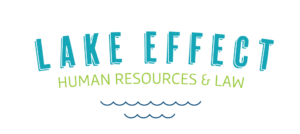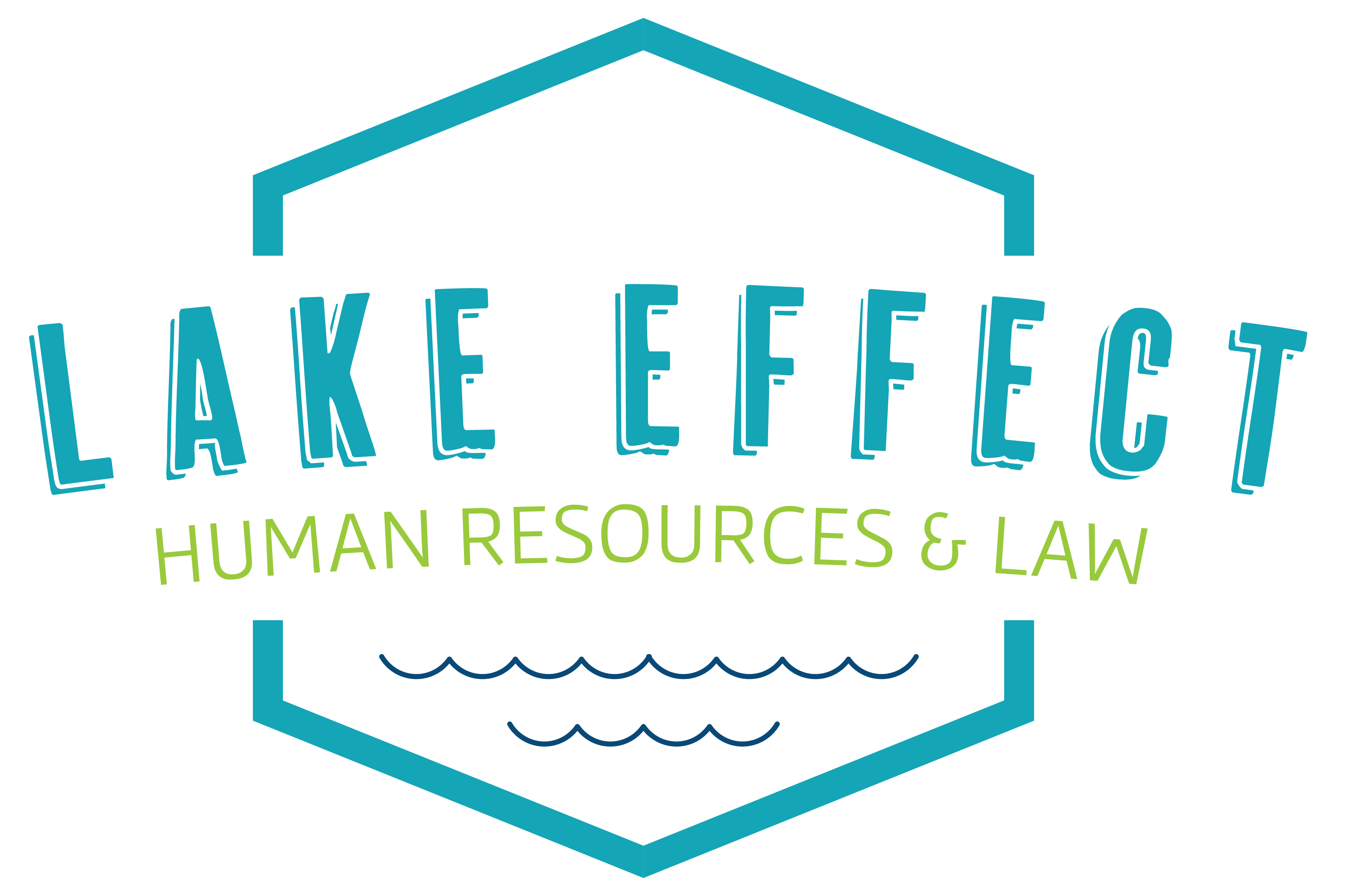On September 8, 2020, the EEOC updated its technical assistance document, What You Should Know about COVID-19 and the ADA, Rehabilitation Act, and Other EEO Laws (“WYSK”). The updated document revises two pre-existing Q&As that address employer testing and employee requests for accommodation in advance of a return to work. It also incorporates information that previously appeared in other EEOC technical assistance documents, thus creating a single, more comprehensive, resource for COVID-19 related information.
With respect to employer-administered testing, the WYSK confirms that employers may take screening steps, including administering COVID-19 testing, to determine if employees entering the workplace have COVID-19 because they could pose a direct threat to the health of others. Employer-administered testing consistent with current CDC or other public health authority guidelines will meet the ADA’s “business necessity” standard. However, employers should ensure that tests are considered accurate and reliable, based on evolving guidance from the FDA, CDC and other public health authorities. Requiring an antibody test before allowing an employee to re-enter the workplace is not allowed under the ADA. (WYSK A.6-A.7)
As to potential requests for accommodation, the WYSK specifies that employers can inform the workforce that employees with disabilities may request accommodations in advance of their return to work. If advance requests are received, employers may begin the interactive process. If an employee chooses not to request an accommodation in advance, the employer must still consider a later request and engage in the same interactive process. (WYSK D.8) Keep in mind that accommodations based on a disability pertain only to the employee, not to their family members.
The revised WYSK includes additional information that has been incorporated from other EEOC resources. Key provisions include:
- Employers may ask all employees entering the physical workplace if they have been diagnosed with, have symptoms of, or have been tested for COVID-19. An employer may limit this questioning to certain employee(s) only if it has a reasonable belief based upon objective evidence that the employee(s) may have the disease. An employer is not generally permitted to ask these questions of employees who are teleworking. (WYSK A.8- A.9)
- Employers may not ask employees coming into the physical workplace whether family members have COVID-19 or symptoms of COVID-19; this is prohibited under the Genetic Information Nondiscrimination Act (“GINA”). However, employers may ask employees whether they have had contact with anyone who has been diagnosed with or had symptoms of COVID-19. An employee who refuses to answer such questions or submit to other health screenings prior to entering the physical workplace (without a rationale or request for an accommodation) may be denied entrance. (WYSK A.10-A.11)
- If an employee works on-site and reports feeling ill or calls in sick, an employer may ask questions about their symptoms as part of workplace screening. An employer may also question employees about why they have been absent from work and/or where they have traveled recently, even if that travel was personal. (WYSK A.12-A.14)
- The ADA’s confidentiality provisions do not prohibit a manager or co-worker who learns that an employee has COVID-19 or associated symptoms from reporting it to the relevant employer officials so that they can take steps consistent with guidance from CDC or other public health authorities. Employers should make every effort to limit the number of people who learn the identity of the employee and reinforce the confidential nature of that information. (WYSK B.5-B.6)
- When an employee with a disability is teleworking, an employer is not necessarily required to provide them with the same reasonable accommodation as it would provide in the physical workplace. The employer and employee should discuss specific needs and explore whether a different accommodation might suffice in the home setting. An employer’s undue hardship considerations and/or access to accommodation equipment may change during prolonged teleworking periods. The EEOC encourages all parties to be creative and flexible in these situations. (WYSK D.14)
- An employer that allows its workforce to telework to slow the spread of COVID-19 does not automatically have to grant requests for telework as a reasonable accommodation to every employee with a disability when employees are recalled to the physical workplace. If there is no disability-related limitation that requires teleworking, the employer does not need to provide continued telework as an accommodation. In addition, the fact that an employer may temporarily excuse performance of one or more essential functions during periods of telework does not mean that the employer has permanently changed the essential function of any job. The ADA never requires an employer to eliminate an essential function of a job as an accommodation for an individual with a disability. However, evidence that an employee with a disability is able to perform the essential functions of the job during periods of telework may be relevant to future requests for telework as a reasonable accommodation. (WYSK D.15-16)
All EEOC materials related to Covid-19 are available at www.eeoc.gov/coronavirus.
Your partners at Lake Effect HR & Law are closely monitoring the impact of COVID-19 on the workplace. Keep watching for blogs and emails for important legal updates and HR best practices. The attorneys and HR professionals at Lake Effect HR & Law are ready and willing to help. Contact us at info@le-hrlaw.com or 1-844-333-5253.




